Is your social media destroying you?
Social media is changing you and your personal interactions RIGHT NOW. The case for exploring the effects of social media on our selves.
January 30, 2017
I want to challenge you. I want you to make it through this article without checking your phone. Are you capable? What if it dings? Can you ignore it? For most of us, the answer is a resounding, “no.” Sure, we say we can, but in reality, our phones have become just an extension of our bodies and this is destroying our productivity, human interactions, and in many ways, our self worth.
A study from the University of Maryland showed that eighteen percent of Facebook users could not go more than a few hours without checking their Facebook pages. If a work day is eight hours, then this means eighteen percent of employees are checking Facebook at least three times a day. Every day on average we take at least fifteen minutes, scrolling through memes, videos, status updates, and pictures. This equates to at least forty-five minutes of paid “un-productivity.”
While Facebook is mainly used by the thirty-somethings and above, other social media networks, like Snapchat, mainly cater to millennials. According to Entrepreneur.com, 71% of millennials check social media daily. Even more than that, they spend an average of 5.4 hours per day absorbed in user-generated content like social-media posts, blogs, texts, emails, and photos. Think about that. That is 22.5% of your day. How much work could we do if we just put away our phones? Furthermore, we are merely consuming, pretending it counts as interacting with others.
While hitting the “like” button on Instagram or keeping a streak alive on Snapchat might seem like we are having meaningful human interactions, sadly, we are not. According to U.S. News Health, humans need up close and personal connections. Using social media as a substitute for physical connections can actually make a person lonelier.
The idea that keeping streaks or interactions going on social media is equivalent to having a personal relationship with someone is a fallacy. We tell ourselves that “liking” pictures, commenting, and watching each others’ stories is being a good friend, but it does not require the upkeep, time or inconvenience of getting together in person. It is a poor substitute for human interaction and creates lazy friendships with little meaning and shallow roots. In turn, our self-worth depreciates because we have isolated ourselves from the real world.
In social media pictures, we only display our best selves. This leads us to scroll through endless pictures of other people’s “best” selves as well. However, often these aesthetics are false ones. No one sees the hundreds of shots you took with various poses, making sure your head was tilted just right. No one sees the picture before the edits, and filters, and clever hashtags.
We post fake images of ourselves, hoping that everyone believes our lives are the picture-perfect images we display. Yet, while we know these pictures are false, we still see what others have put up and question our own self-worth as a result. It creates a virtual rat race.
On the flip-side, users can remain completely hidden by creating Finstas — private Instagram profiles made for the enjoyment of close friends only. These profiles allow for a certain anonymity, which can inspire cyber bullying, harassment, mental stress, and feelings of isolation in victims. While not all Finstas are bad, some are used for these purposes.
Oddly, such bullying does not leave the virtual world. Users are emboldened through the anonymity and the disconnected interactions social media provides. It is so easy to fall into the vortex that is social media and find ourselves doing things we know are wrong.
Of course, I am not so naive as to suggest we should never use social media. Social media can be a great tool when used properly. We all enjoy a good cat video and seeing pictures of family and friends we do not regularly get to see. I have reaped the benefits of social media in that I can still keep in touch with friends from previous schools in other states and feel like we are connected. Gone are the days of losing longtime friends because we just couldn’t keep up with each other.
However, with this power of communication comes the responsibility to remain a decent person. Before you type a rude response or post an embarrassing pictures, ask yourself, “Would I do this if that person were in the room with me? Would I say this if I were face-to-face with the person and actually speaking the words to them?” If the answer is “no,” then we need to learn to put the phone down and walk away.


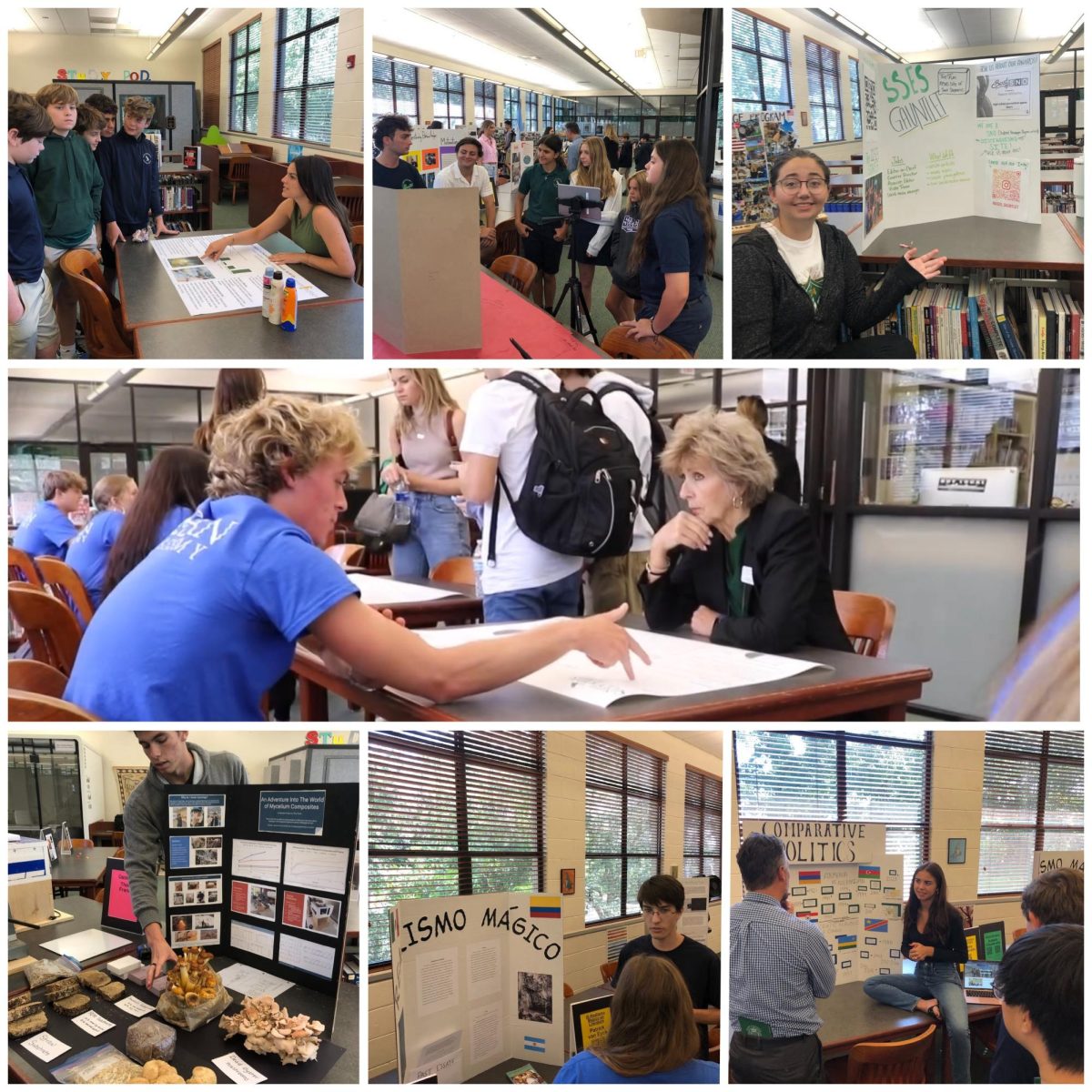
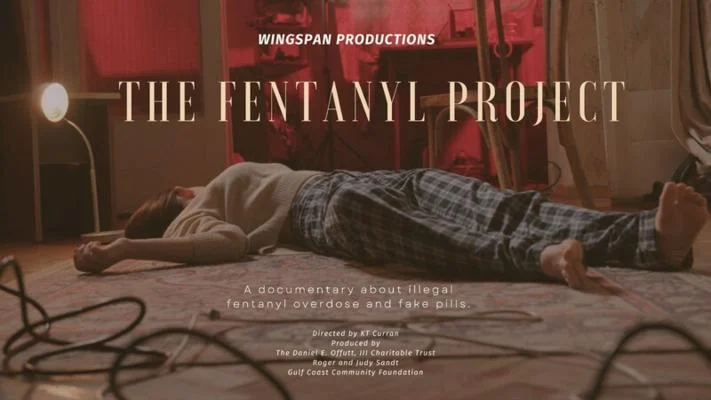


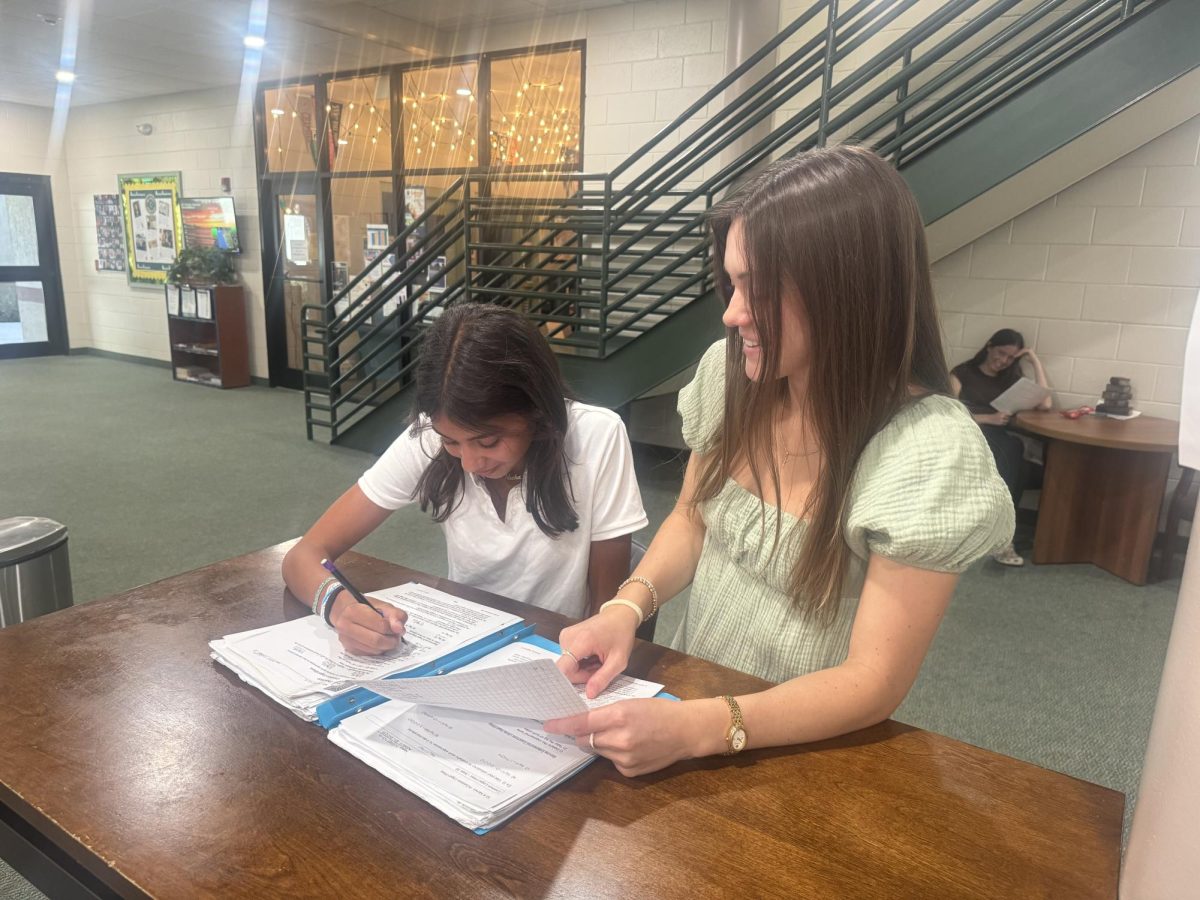
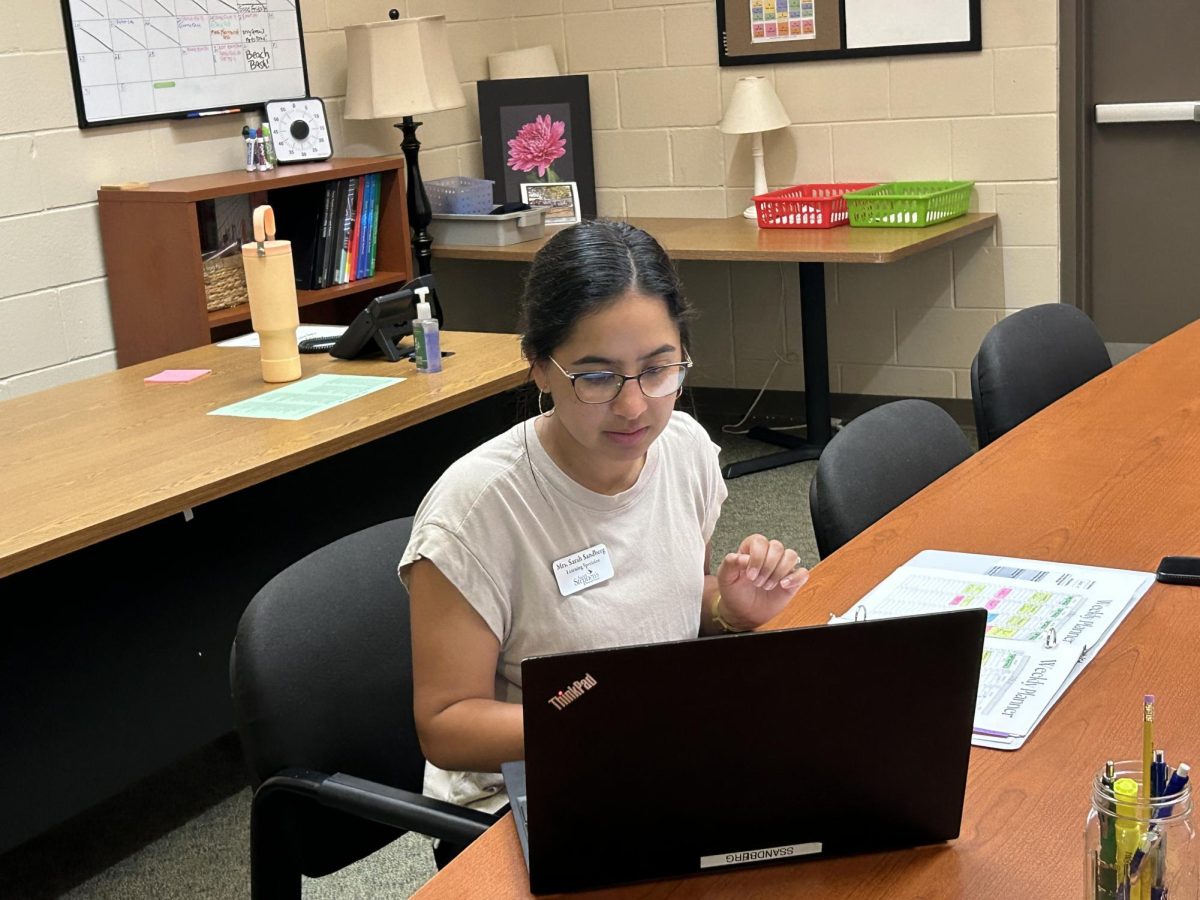























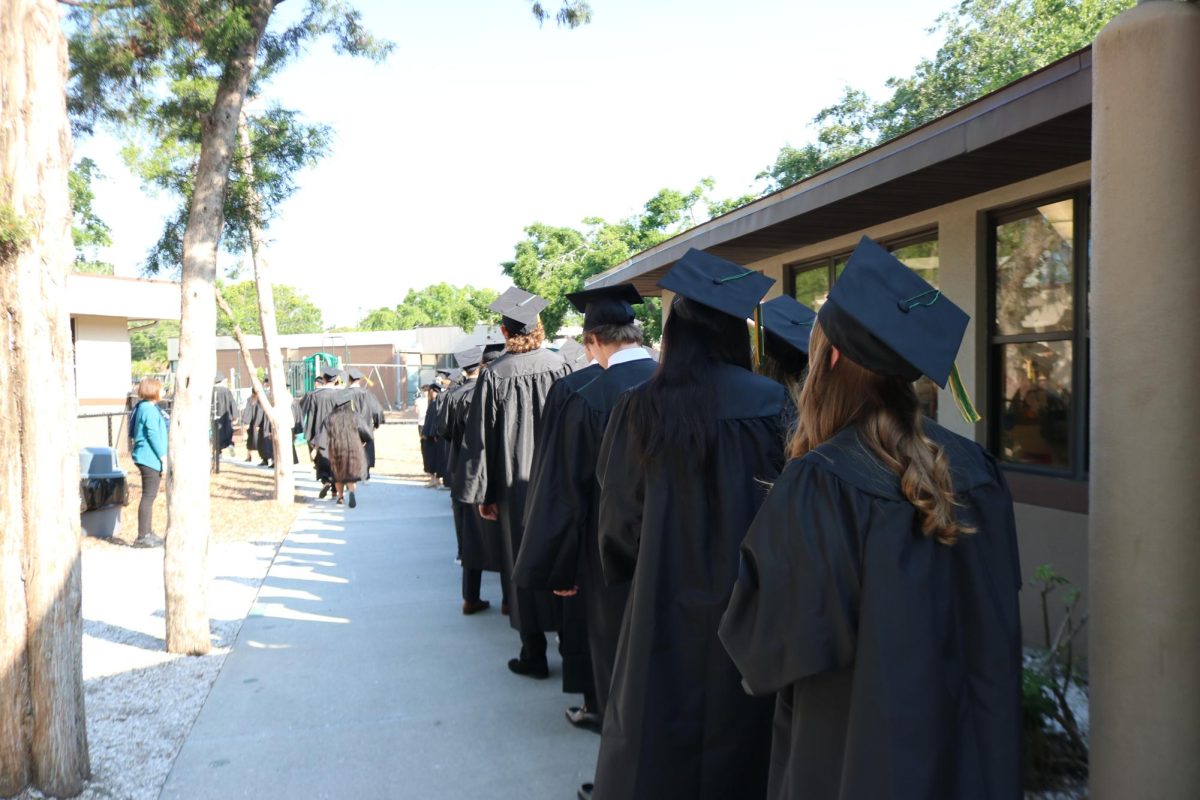















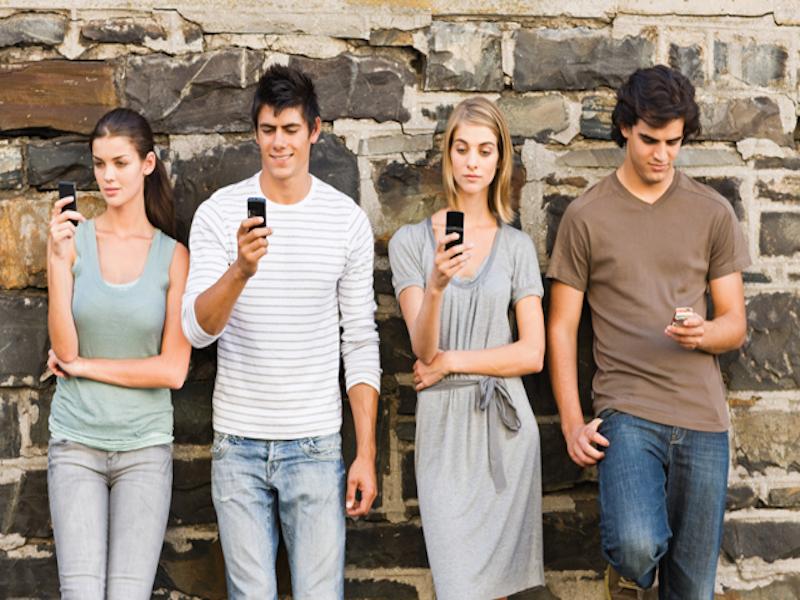
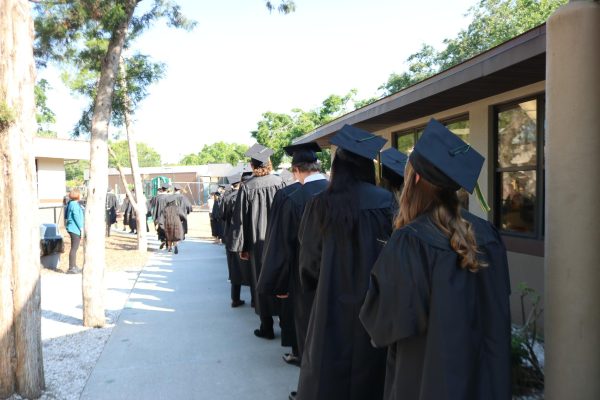
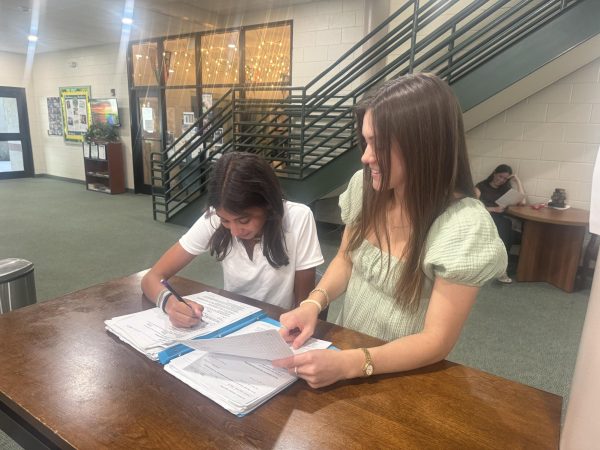

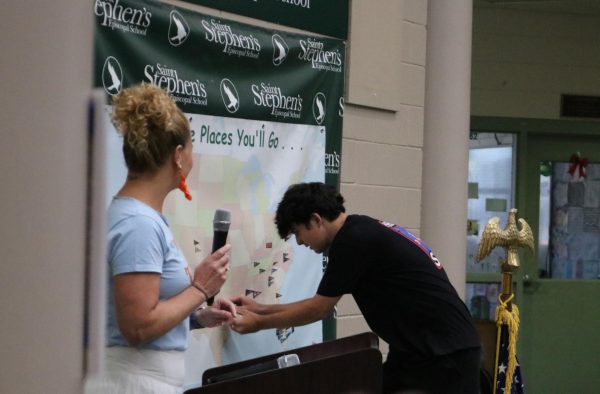

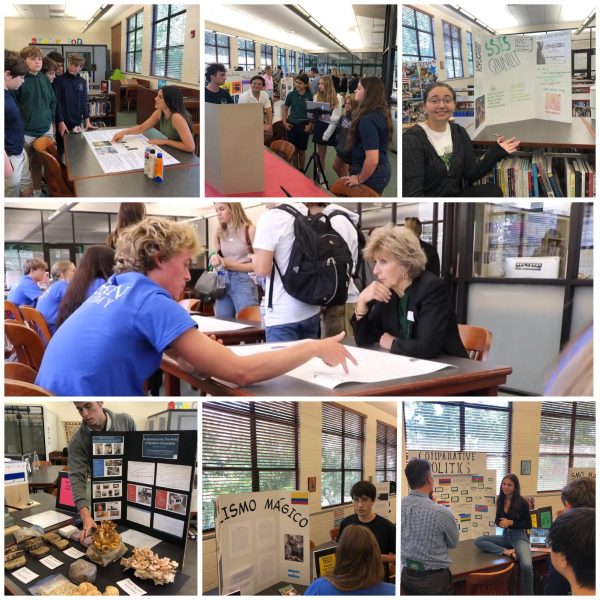


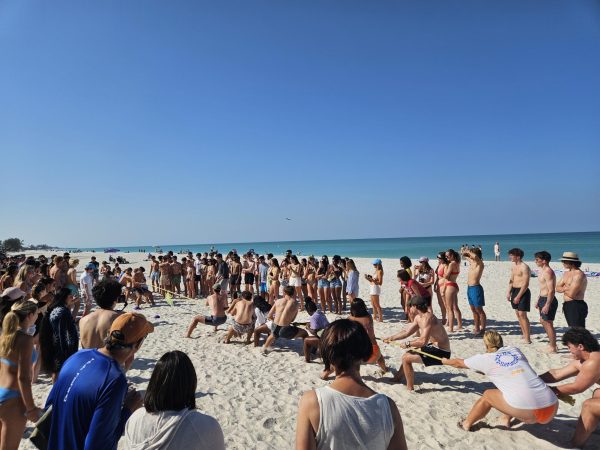
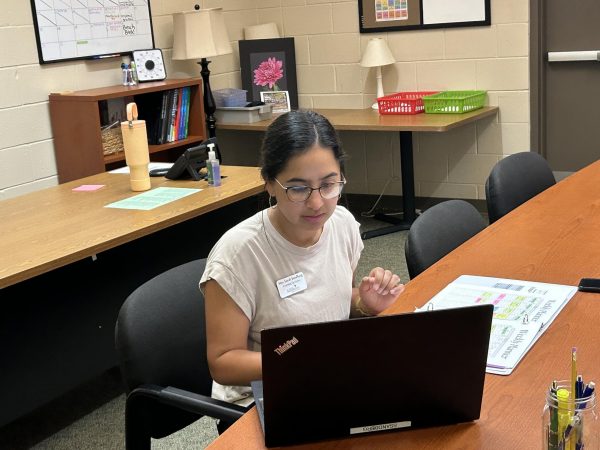
Hannah Arendt • Mar 12, 2017 at 7:33 pm
Wow!! This is a great article with lots of evidence. I will now stop using all social media good job!
Ryan Thompson • Feb 9, 2017 at 8:25 am
Carson is such an amazing writer… Oh how I wish I could be him.
Tdogg • Feb 9, 2017 at 8:23 am
I like the intro good job!!!!!
Megan Rourke • Feb 9, 2017 at 8:20 am
I like how you had lot of information to support your argument. You did a very well of doing so.